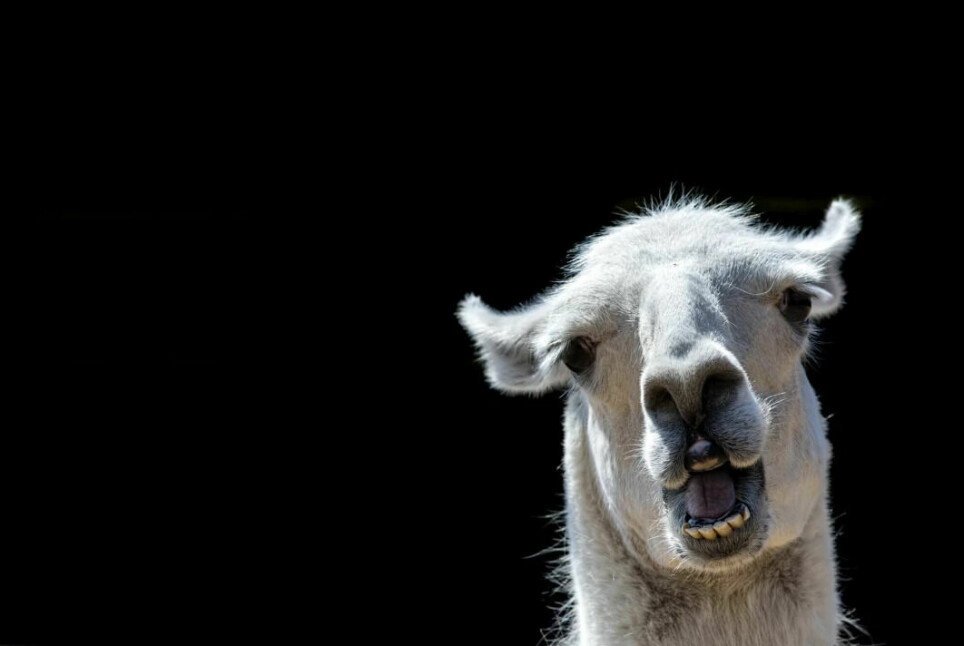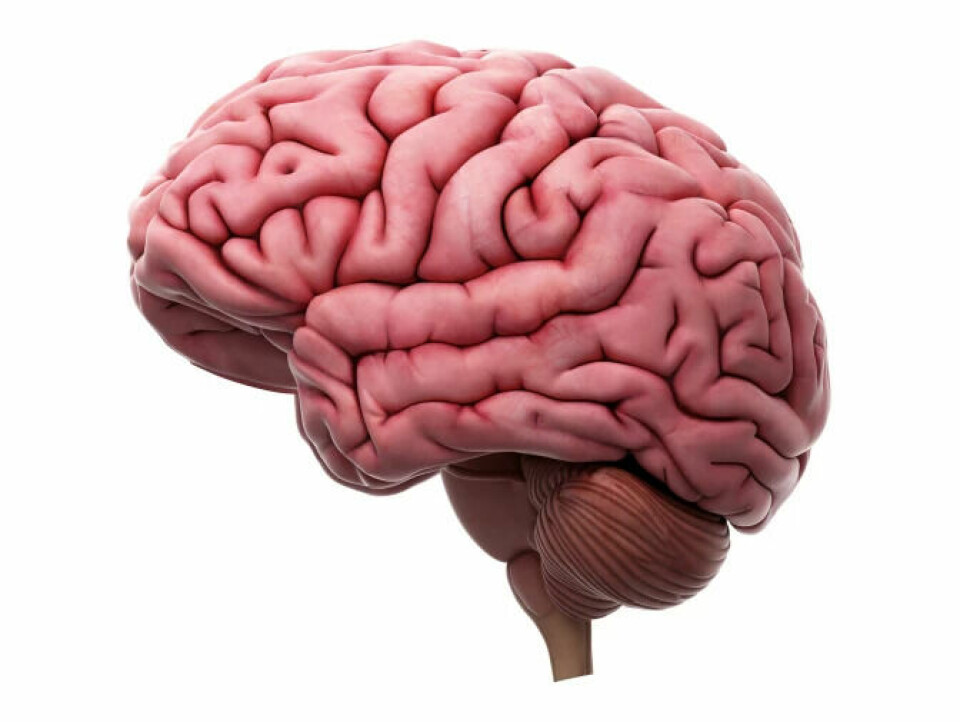
Why aren't animals as smart as humans?
ASK A RESEARCHER: "Fire may have made human brains larger," researcher says.
Many animals live very differently from us humans. Nonetheless, many of them can communicate danger to each other, teach their young to find food, and play with each other.
But they cannot read books, build skyscrapers, or solve complicated math problems. Many of them have larger brains than us and have been on Earth longer than us, yet they are not smarter than humans. Why not?
We underestimate animals
Glenn-Peter Sætre is a biologist and researcher on evolution – that is, how animals and plants have evolved on Earth.
"Animals can be very smart, but not necessarily in the same way as us," he says.
They cannot read and do math, but to survive in a world that can be dangerous and difficult, they must be smart in other ways.
How will they find food? How can they avoid danger?
"I think we often underestimate and look down on animals. They are not dumb, just different," Sætre says.

IQ is not everything
"Does evolution make species smarter and give them higher IQs?"
"Both yes and no. It is not always intelligence and IQ that lead to evolution," Sætre says.
Some living creatures get along just fine without a brain. The blue mussel hides inside its shell, and plants can produce substances that taste bad so that fish won't eat them.
"They survive anyway. Intelligence is just one of many ways to avoid being eaten," he says.
Apes can perform better than us
In other animals, especially birds and mammals, learning and intelligence are important traits.
"Evolution has rewarded smart animals over less intelligent ones," the biologist says.
Research has shown that ravens can plan ahead, trade with humans, and use tools (link in Norwegian).
"There are also IQ tests where chimpanzees and orangutans perform much better than us. A chimpanzee can easily remember the order of 10 different images displayed quickly,” Sætre says.
It may be because they still live in trees.
"When they swing from branch to branch, the brain must process what they see at lightning speed,” he says.
Otherwise, they may fall.
"We humans can walk safely and comfortably on the ground. We probably don't need a brain that is as quick on the uptake," he says.

The human brain is not the largest
"There are species with larger brains than us. For example, the blue whale. But we are still smarter," Sætre says.
"Why is that?"
"The reason is that our brain is very efficiently packed. It is knotty like a walnut. How it is packed is more important than the size,” he says.
According to Sætre, the human brain requires a lot of energy.
The brain accounts for about 2 per cent of our body weight. Even so, it uses around 20 per cent of our energy when we are completely relaxed.

Smarter from fire
"How has it been possible for us humans to develop such a densely packed brain?"
"Researchers believe it comes from our ancestors beginning to cook food," Sætre says.
With fire, we could boil, fry, and grill our food. Animals do not have that opportunity.
"Cooked food is easier for the body to digest. So we humans could afford to develop a large and densely packed brain," he says.
Our organs need food and energy for us to survive. Not just the brain.
"There are therefore limits to how much evolution can afford to use on intelligence," he says.
———
Translated by Alette Bjordal Gjellesvik.
Read the Norwegian version of this article on ung.forskning.no
































